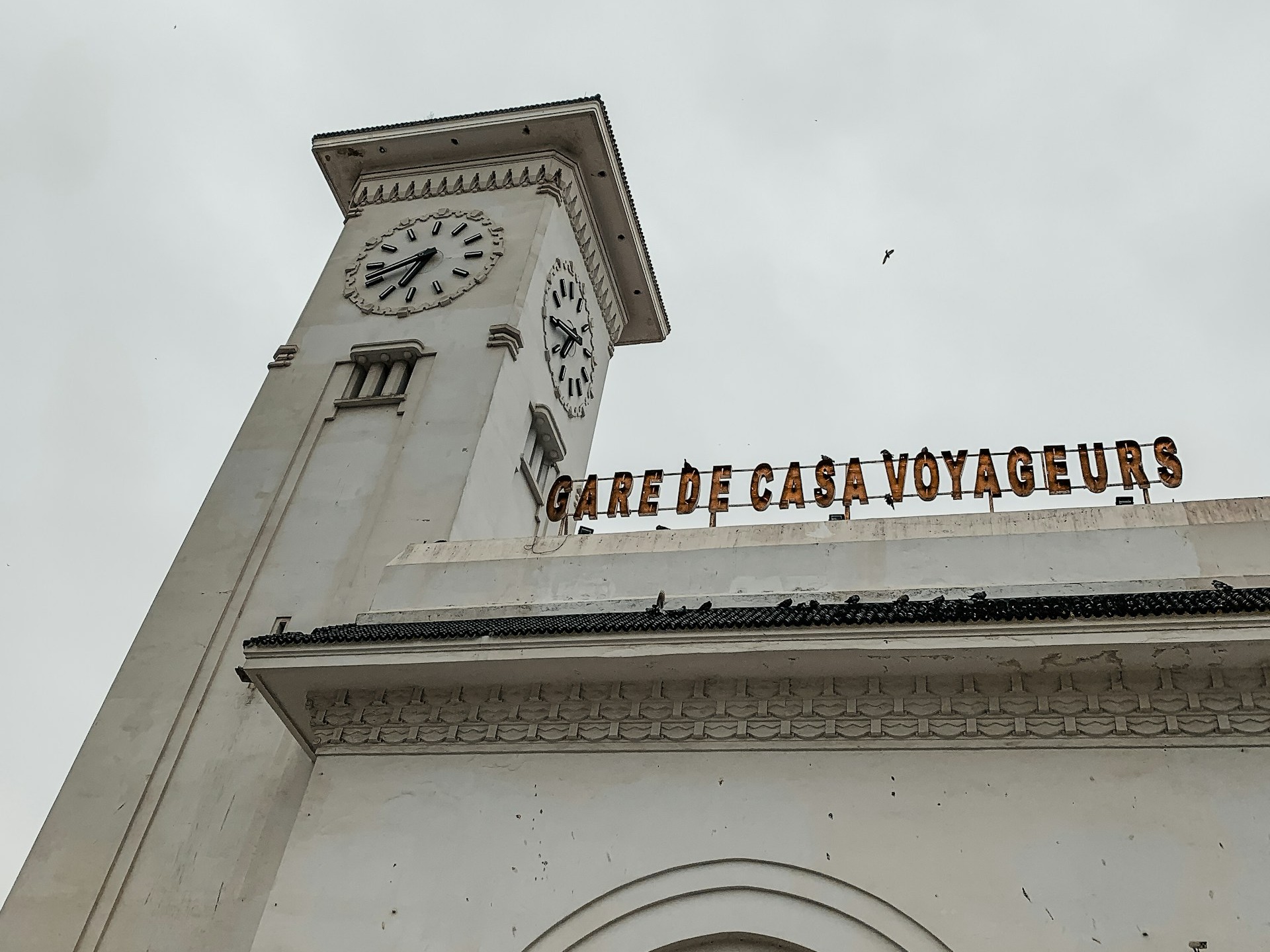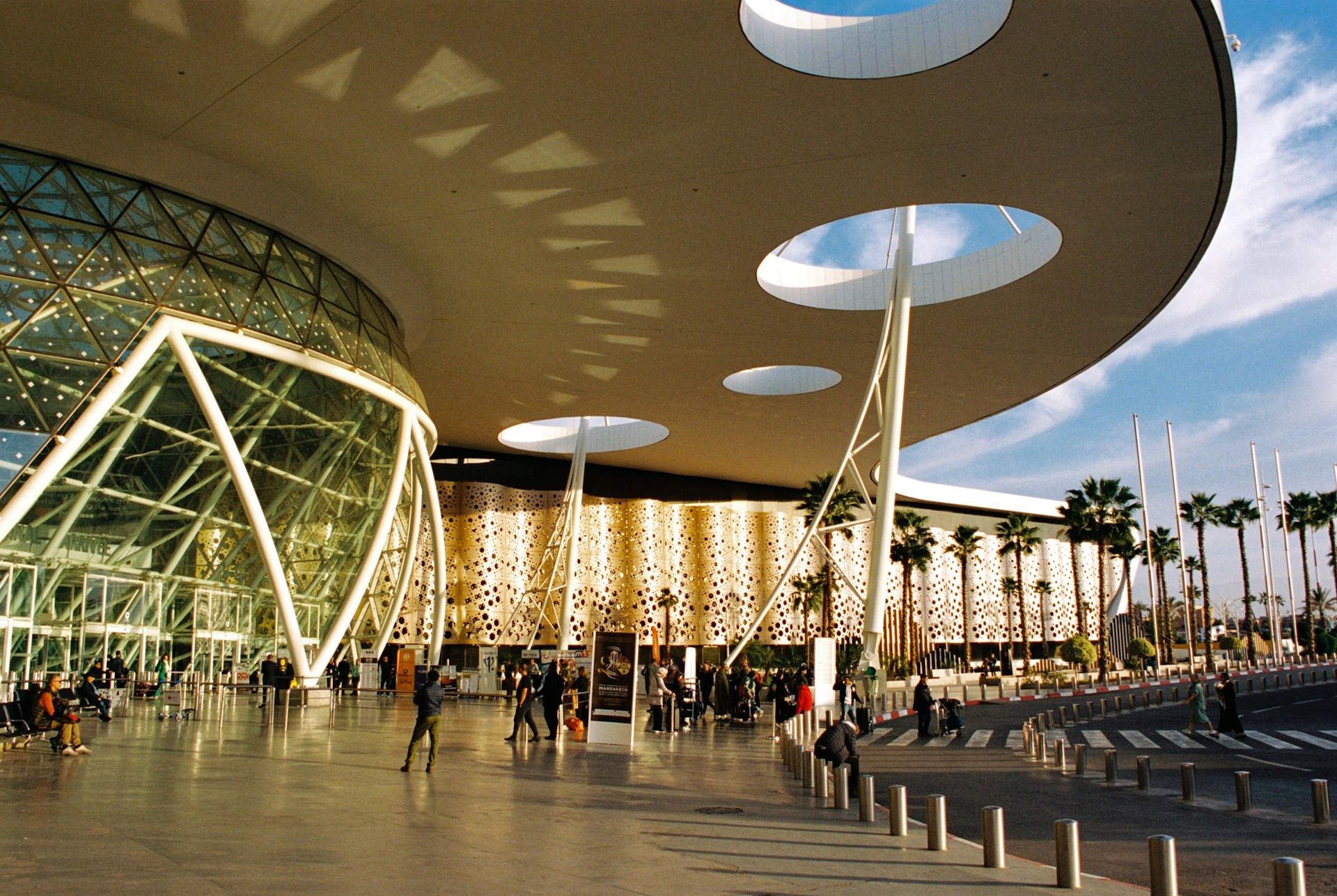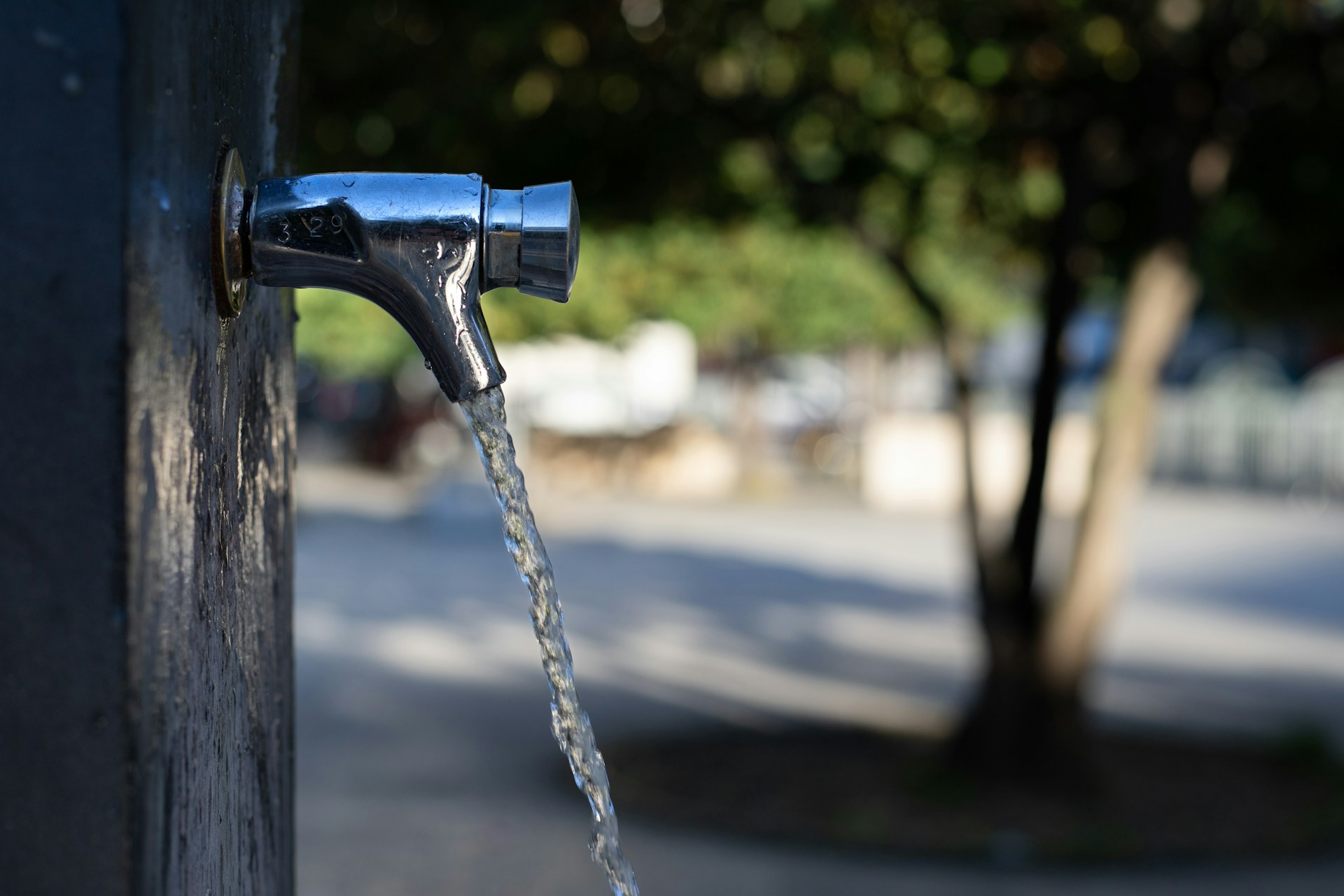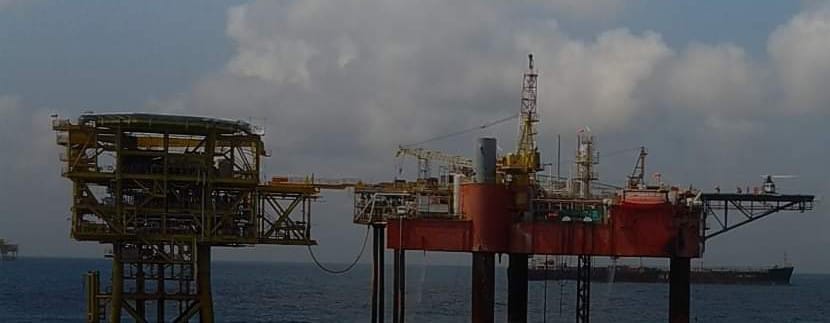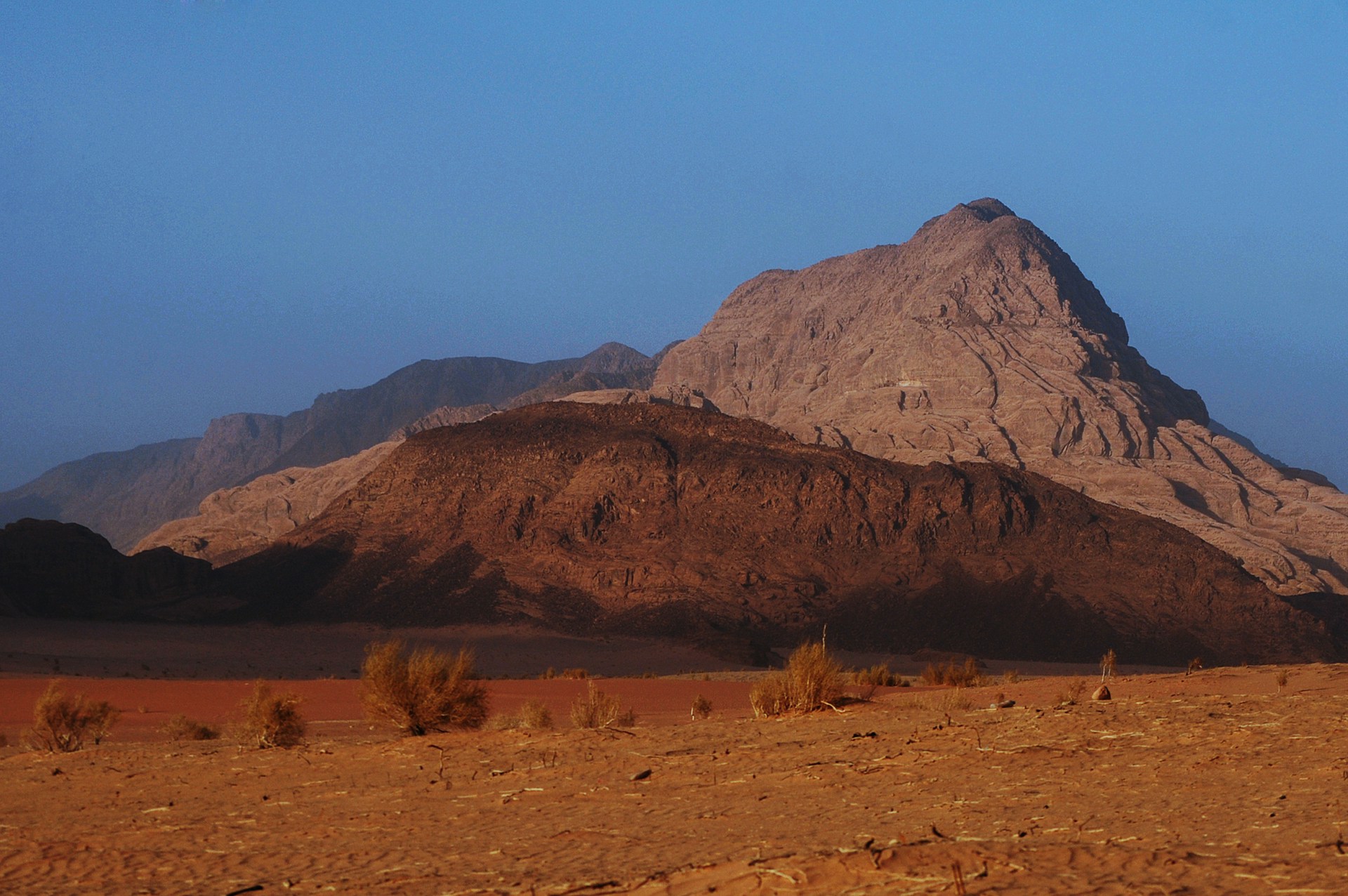Casablanca – Morocco’s national railway operator, ONCF (Office National des Chemins de Fer), continues to reinforce its position as a key player in sustainable transport, announcing a series of measures aimed at modernizing infrastructure, improving customer service, and expanding connectivity across the country.
Strong financial performance and green progress
In its 2024 performance report, ONCF revealed a turnover exceeding $480 million, reflecting growth in both passenger and freight activities. Passenger transport contributed around 62% of total revenue, with over 55 million travelers choosing rail—up 4% from the previous year. Revenue from this segment reached $276 million, marking an 8% increase.
The high-speed Al Boraq train, celebrating its sixth year in operation, carried more than 5.5 million passengers, contributing $78 million to the annual turnover. Meanwhile, freight operations generated $70 million, up 10%, driven by logistics demand and an 8.5 million-ton cargo volume. Notably, phosphate transport surged by 46%, with 12.8 million tons moved, producing $114 million in revenue.
ONCF also made strides in environmental sustainability. By early 2024, 90% of its trains were operating on clean energy, reinforcing its role in Morocco’s low-carbon mobility transition.
Digital transformation to enhance passenger experience
As part of its modernization agenda, ONCF launched a new mobile application, ONCF VOYAGES, designed to streamline the ticketing process and improve accessibility. The app allows users to purchase tickets, choose seats, manage travel preferences, and access digital tickets—removing the need for paper documents.
Security and user privacy have been prioritized, with integrated secure payment systems and immediate discounts for eligible cardholders. Customers can also manage their personal profiles, track previous journeys, and organize travel companions via a personalized dashboard.
The initiative reflects ONCF’s broader digitalization strategy to simplify travel and reduce congestion at stations, marking a significant step in enhancing everyday commuting experiences.
Major infrastructure projects underway
Efforts to expand the railway network continue, with preparations in progress for a high-speed rail extension between Marrakech and Agadir. Minister of Transport and Logistics Abdessamad Kayouh recently confirmed the ministry is acquiring land near both cities, including over 60 hectares close to Adrar Stadium in Agadir.
The extension follows royal directives and is currently undergoing technical and financial feasibility studies, expected to conclude within three months. Funding will then be sought from national and international partners. The project is part of a long-term vision that includes future rail links between Marrakech and Essaouira.
In parallel, ONCF is upgrading stations across the network, including the construction of next-generation hubs in major cities like Tangier, Rabat, and Casablanca. These stations are designed to integrate high-speed and intercity services with frequencies as short as 10 minutes.
Additional cities such as Mohammedia, Temara, Guercif, Taourirt, Benguerir, and Berrechid are set to transition from diesel to electric trains, supporting the broader shift to greener transport.
Looking ahead
ONCF has earmarked $200 million for investments aligned with its 2030 development strategy. This includes new suburban rail services, fleet upgrades, and maintaining existing infrastructure.
According to ONCF Director-General Mohamed Rabie Khlie, 2024 marked a leap forward in strategic partnerships aimed at modernizing the sector and boosting national industrial capacity.
As Morocco accelerates its railway transformation, the focus remains on reliability, accessibility, and sustainability—principles guiding ONCF’s evolution into a modern, customer-centric mobility provider.






